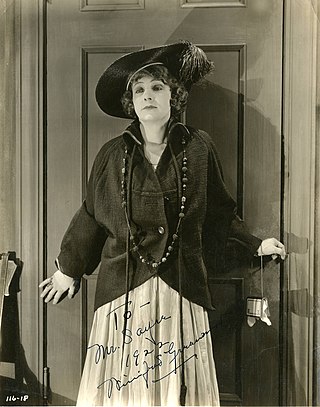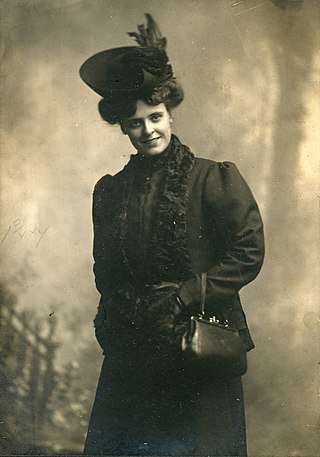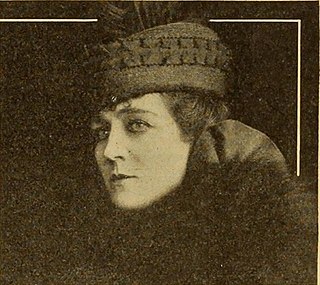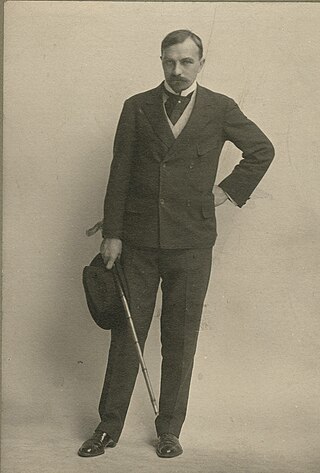
Alice Brady was an American actress of stage and film. She began her career in the theatre in 1911, and her first important success came on Broadway in 1912 when she created the role of Meg March in the original production of Marian de Forest's Little Women. As a screen actress she first appeared in silent films and was one of the few actresses to survive the transition into talkies. She worked until six months before her death from cancer in 1939. Her films include My Man Godfrey (1936), in which she plays the flighty mother of Carole Lombard's character, and In Old Chicago (1937) for which she won the Academy Award for Best Supporting Actress.

Ida Darling was an American actress of the stage and in silent motion pictures.

Winifred Louise Greenwood was an American silent film actress.

Helen Lindroth was a Swedish-born American screen and stage actress.

Frank Currier was an American film and stage actor and director of the silent era.

John T. Dillon was an American actor of the silent era. He appeared in more than 130 films between 1908 and 1936. He died in Los Angeles, California from pneumonia.

Lydia Knott was an American actress of the silent film era. She appeared in more than 90 films between 1914 and 1937.

Edna Goodrich was an American Broadway actress, Florodora girl, author, and media sensation during the early 1900s. At one point, she was known as one of America's wealthiest and best dressed performers. She was married to Edwin Stacey of Cincinnati, Ohio, and later Nat C. Goodwin.

Maude Turner Gordon was an American actress who appeared in 81 films between 1914 and 1938.

Katherine Perry, also known as Kathryn Perry, was an American stage and film actress. She appeared in 37 films between 1920 and 1936.

Sara Biala was a Polish-born American actress active on Broadway.

Catherine Chisholm Cushing was an American writer of songs, librettos, and plays, best known for her 1916 stage adaptation of Eleanor H. Porter's Pollyanna.

Alma Lenore Francis was an American dancer, singer, and stage actress. She had an international career as a theatrical actress and operatic soprano in numerous stage productions, as well as a short-lived career in Hollywood, appearing in three feature films during the silent era.

Carmen Regina Revnes, known professionally as Sybil Carmen, was an American actress, dancer, and Ziegfeld girl.

Lotta Linthicum was an American actress on Broadway.

Octavia Broske was an American actress and musical performer.

Louise Alexander, born Jennie Louise Spalding, was an American theatrical and social exhibition dancer between 1905 and 1916. She began as a chorus girl, soon became a pantomime dancer, then an exhibition social dancer in restaurants and on the vaudeville stage.

Katherine Kiernan Griffith, also seen as Catherine Kiernan, was an American character actress on stage and in silent films.

Eileen Huban was an American actress, active in New York City in the 1910s and 1920s.

Paul Armstrong was an American playwright, whose melodramas provided thrills and comedy to audiences in the first fifteen years of the 20th century. Originally a steamship captain, he went into journalism, became a press agent, then a full time playwright. His period of greatest success was from 1907 through 1911, when his four-act melodramas Salomy Jane (1907), Via Wireless (1908), Going Some (1909), Alias Jimmy Valentine (1909), The Deep Purple (1910), and The Greyhound (1911), had long runs on Broadway and in touring companies. Many of his plays were adapted for silent films between 1914 and 1928.





















